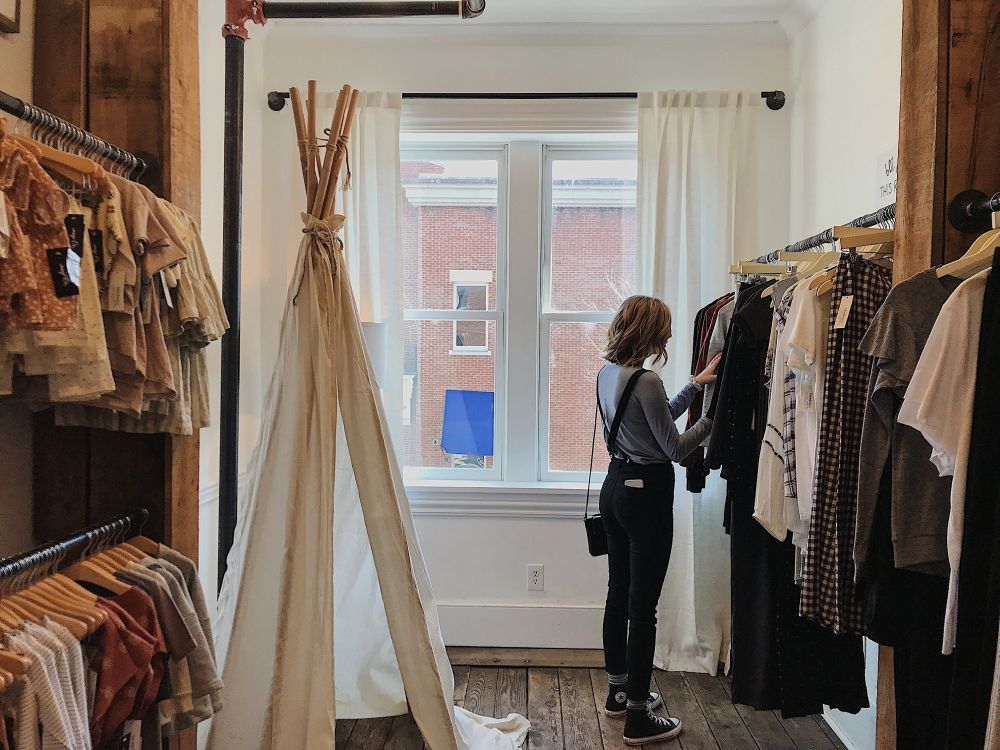PETALING JAYA, Aug 13 — Malaysia reportedly produced two million kilogrammes of textile waste a day in 2013.
Clothing takes many years to decompose; a cotton t-shirt can take up to six years to degrade, while nylon textiles can take anywhere between 40 and 50 years to break down.
This places a heavy burden on our landfills, covering just the tip of the iceberg on why sustainable fashion is gaining increasing importance within the industry.
Awareness about sustainable fashion remains relatively low in Malaysia, with fast fashion brands such as H&M, Bershka, and Forever 21 remaining popular choices for local trendsetters.
Read on to find out how you can be a smarter consumer with the help of Malaysian startups and companies that have sustainable fashion at the forefront of their vision.
Thinking of chucking out those old clothes?

Give your textiles a new lease of life by donating them instead of binning them.
Kloth Lifestyle, a Malaysian company focused on producing and marketing eco-friendly textiles, will be collecting old clothes to recycle them and keep them out of landfills.
This allows you to give our local landfills breathing room by directing your clothes away from them and towards a sustainable future instead.
Don’t buy, rent instead

It’s a common scene. You spend hundreds of ringgit on an evening dress, only to relegate it to the back of your closet once the event is over.
Dresstal aims to redress the problem by giving people a platform to rent out their clothes within the Klang Valley, therefore reducing clothing waste.
Their website boasts a selection of evening dresses and casual dresses to fit any occasion.
You can also rent out your own dresses on the website, so playing your part in the sustainable fashion movement can earn you some extra cash in addition to helping the environment.
Second-hand is the way to go

One woman’s waste, another fashionista’s treasure.
Refash is a company built on enabling every woman to approach second-hand clothing with a ‘like-new’ perspective and contribute to a sustainable economy surrounding fashion consumption.
You can either purchase pre-loved items from their stores or opt-in to sell unwanted clothing.
The next time you’re looking to indulge in a new piece of apparel or clear out your closet, there are plenty of local, eco-friendly options for you to turn to.
Know where your clothes come from

Reducing the negative impact of the fashion industry can be done through supporting companies that embrace greener methods of production.
Real.m is a Malaysian lifestyle brand that sources organic materials to make their goods, combatting the prominent use of genetically-modified cotton in fast fashion which causes pollution and health problems in farming communities.
Their use of natural vegetable dye as colouring for their products also helps protect rivers from chemical waste.
The more you know about where your clothes come from, the more freedom you have to make smarter choices the next time you go shopping.
Get thrifty

There are plenty of thrift stores scattered around the Klang Valley that sell your favourite brands for a fraction of the original price.
Buying designer clothing from these stores means that you can practise a philosophy based on reducing, reusing, and recycling textiles without breaking the bank.
Thrift stores such as Vintage Moonriver have taken to Instagram to increase their reach and make it easier for fashion lovers to purchase second-hand apparel.



















